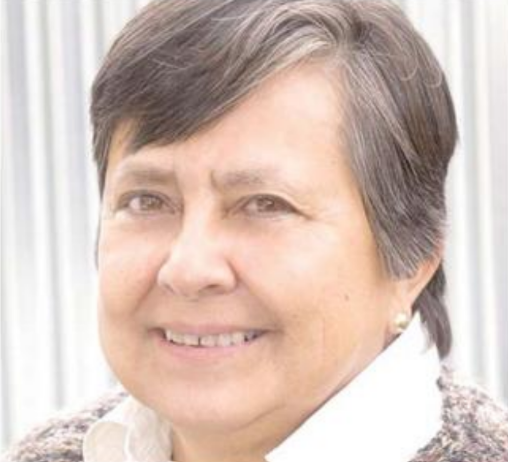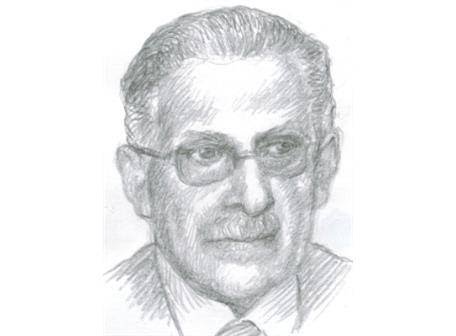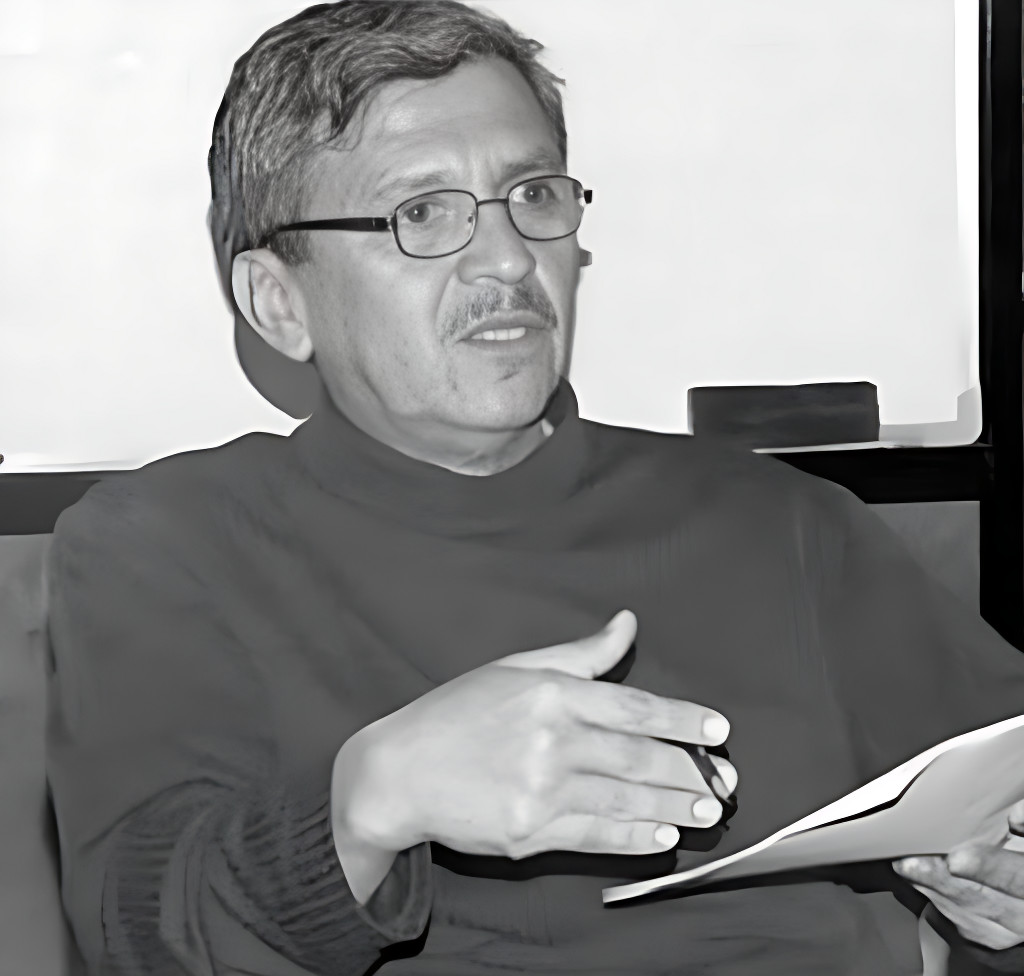Marcela Veintimilla Carrión (Zaruma, 1961) is an Ecuadorian short story writer who gained recognition during the 1980s. She was part of the Advanced Literature Workshop at the Central Bank/Casa de la Cultura Ecuatoriana, Núcleo del Guayas, under the guidance of Miguel Donoso Pareja. Her debut collection, Cualquier cosa me invento para ver (1989), presents introspective and experimental narratives that explore identity, personal dilemmas, and societal expectations. Her work has been included in notable anthologies.
Continue reading “Marcela Veintimilla”Category: Writers from El Oro
Mariana Cortázar
Mariana Cortázar Crespo (Portovelo, 1946) is an Ecuadorian writer and historian. Her work is characterized by a deep commitment to researching and narrating the history of her native province, El Oro, and other coastal regions of Ecuador. A significant part of her literary contribution lies in her valuable research, with books like “Portovelo cuenta su historia” and “El Oro de Portovelo” standing out as notable examples of her ability to unravel and share the rich history of her region. These works have earned her numerous accolades, including the prestigious David Rodas Maldonado Award from the Casa de la Cultura Ecuatoriana, núcleo El Oro, in 2014. In the same year, she was also honored with the Rosa Vivar Award by the Municipality of Portovelo. Mariana Cortázar’s dedication to preserving and promoting Ecuador’s cultural heritage is further evident in her book “Julio Jaramillo: Nuestro patrimonio,” which pays homage to the iconic Ecuadorian singer Julio Jaramillo.
Continue reading “Mariana Cortázar”Lauro Dávila Echeverría
Lauro Dávila Echeverría (Pasaje, El Oro, August 18, 1885 – Guayaquil, December 23, 1968) was an Ecuadorian poet, playwright, songwriter, and teacher. Best known for writing the lyrics and music to Guayaquil de mis amores, a song that has become an anthem of the city of Guayaquil, Dávila composed 23 songs and authored several poetry collections, including Lira del alma and 21 estampas de la vida real. He was also a founding member and the first secretary general of the National Union of Musicians. Dávila’s contributions to Ecuadorian culture earned him numerous awards, including the Gold Medal from the Council of Guayaquil in 1945.
Continue reading “Lauro Dávila Echeverría”Roy Sigüenza
Roy Sigüenza (Portovelo, El Oro Province, Ecuador, 1958) is an Ecuadorian poet known for his homoerotic themes and transforming ordinary life into settings for intimate encounters. While his poetry often favors brevity and simplicity, he occasionally incorporates stylized language and references to other gay writers from Europe and the U.S. Within Ecuador’s poetic scene, Sigüenza has pioneered a new lyric voice, openly writing about marginalized sexual experiences, influencing a generation of poets. His candid, confessional style has established him as a literary rebel in the country.
Continue reading “Roy Sigüenza”


